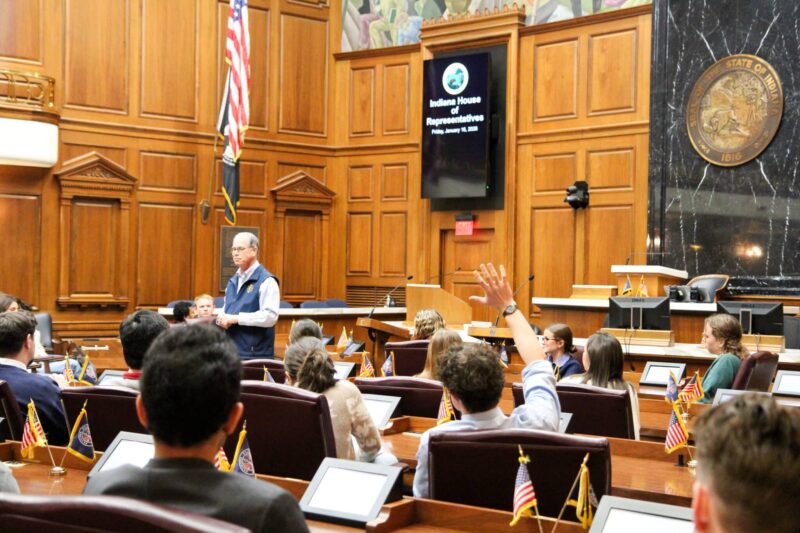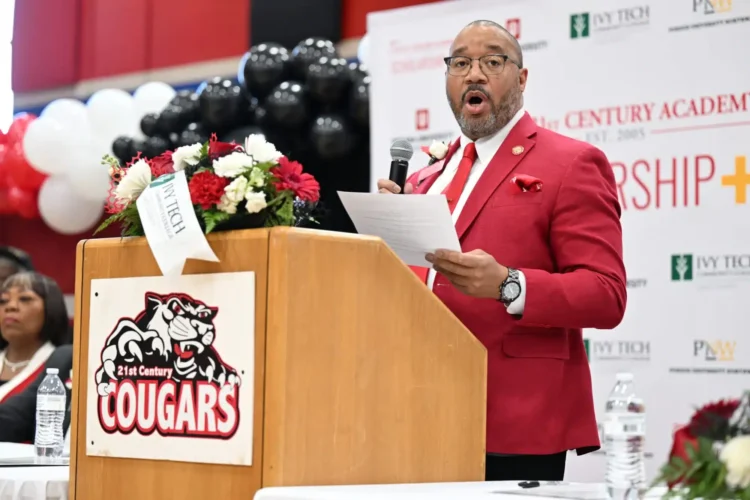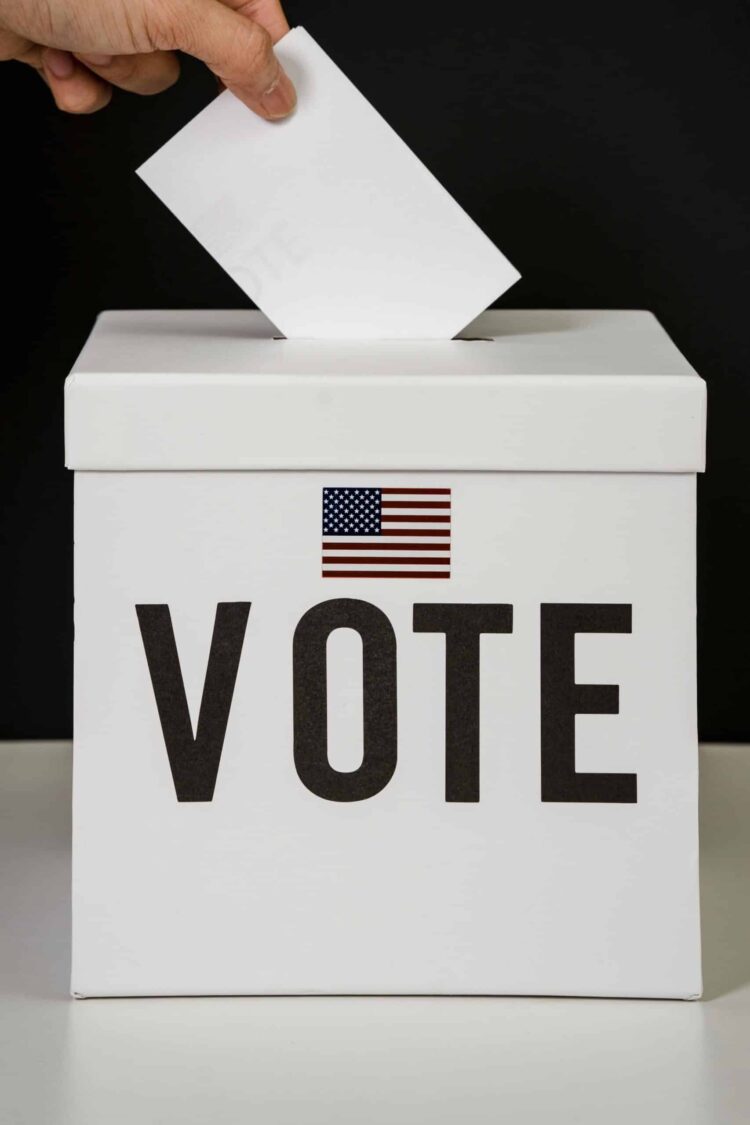I understand why it’s used, particularly in the killings of political or public figures. The word is designed to bestow a certain dignity upon the fallen. It is supposed to suggest that they died in the service of some cause larger than themselves—that they were martyrs.
I don’t object to that, particularly if it brings solace to those who love them.
My problem with the word is that it cannot further dignify the victims of such violence without also dignifying the killer.
Being considered an “assassin” can be appealing to the wrong kind of mind. Just as it is easier for those who loved and want to honor the victim of a killing by thinking his or her death occurred in a symbolic context, it also is easier for the person who pulled the trigger to think he took a human life to make a statement.
But such statement killings rarely, if ever, have the intended effect.
Killing Abraham Lincoln didn’t allow the Confederacy to fight on or ease the pressures on the South. If anything, his passing strengthened the determination of the North to make Reconstruction more stringent and make the South’s path back to inclusion in the Union much harder to travel.
And any attempt to mitigate that harshness could not contend with the grief and anger that sprang from the loss of the president who had led the nation through its greatest trial.
When John F. Kennedy died in 1963, he was a president whose legislative agenda was stalled, it seemed permanently, in Congress. He traveled to Dallas—to the place his life ended—because he faced huge political challenges in Texas and needed the state if he hoped to be reelected in 1964.
When JFK’s brother Robert F. Kennedy was gunned down in Los Angeles in 1968, he had just eked out a narrow victory in the California primary. His odds, though, of collecting enough delegates to claim the Democratic presidential nomination were long and the odds of him winning the presidency in the fall were even longer.
When a rifle shot ended the life of Martin Luther King Jr. in Memphis in 1968, he was organizing a poor people’s march that many considered his last chance to hold his national constituency together. Campaigns in Chicago and elsewhere had ended with inconclusive results. The civil rights movement was riven with arguments over tactics and emphasis, causing people inside and outside the movement to question whether King or anyone else could hold things together.
In death, though, JFK, RFK and MLK all ended up becoming even larger presences than they had been in life.
If the goal was to put a stop to what they stood for, in each case, the attempt failed.
Just as it did with Lincoln.
The same may end up being true with the death of conservative activist Charlie Kirk.
As I write this, I don’t know with any degree of certainty the motivation of the alleged shooter who has been taken into custody. Some of the evidence—words written on shell casings left at the scene—suggests the shooter intended to make a statement with the killing.
If so, he, too, is likely to fail.
That’s because ideas, whether they be noble or noxious, are much, much harder to kill than human beings are.
What the killers of political leaders always fail to grasp is that if their acts make a statement, that statement is that they’re afraid they can’t win the debate on merit and instead must rely on force.
I disagreed with most of what Charlie Kirk stood for.
But the way to express that disagreement was with well-reasoned arguments.
Not a bullet.
That’s why I object to the word “assassination.”
Taking the life of another human being for political reasons is no better than taking that life for profit, out of anger or any other human motivation.
It certainly isn’t noble in any way.
No, it’s squalid, sordid and mean—an act of profound cowardice rather than courage.
That’s why we shouldn’t call what happened to Abraham Lincoln, John F. Kennedy, Robert F. Kennedy, Martin Luther King Jr., Minnesota legislator Melissa Hortman or Charlie Kirk an “assassination.”
It wasn’t a statement about politics.
It was a crime against human beings.
So, let’s call it what it is.
Murder.








